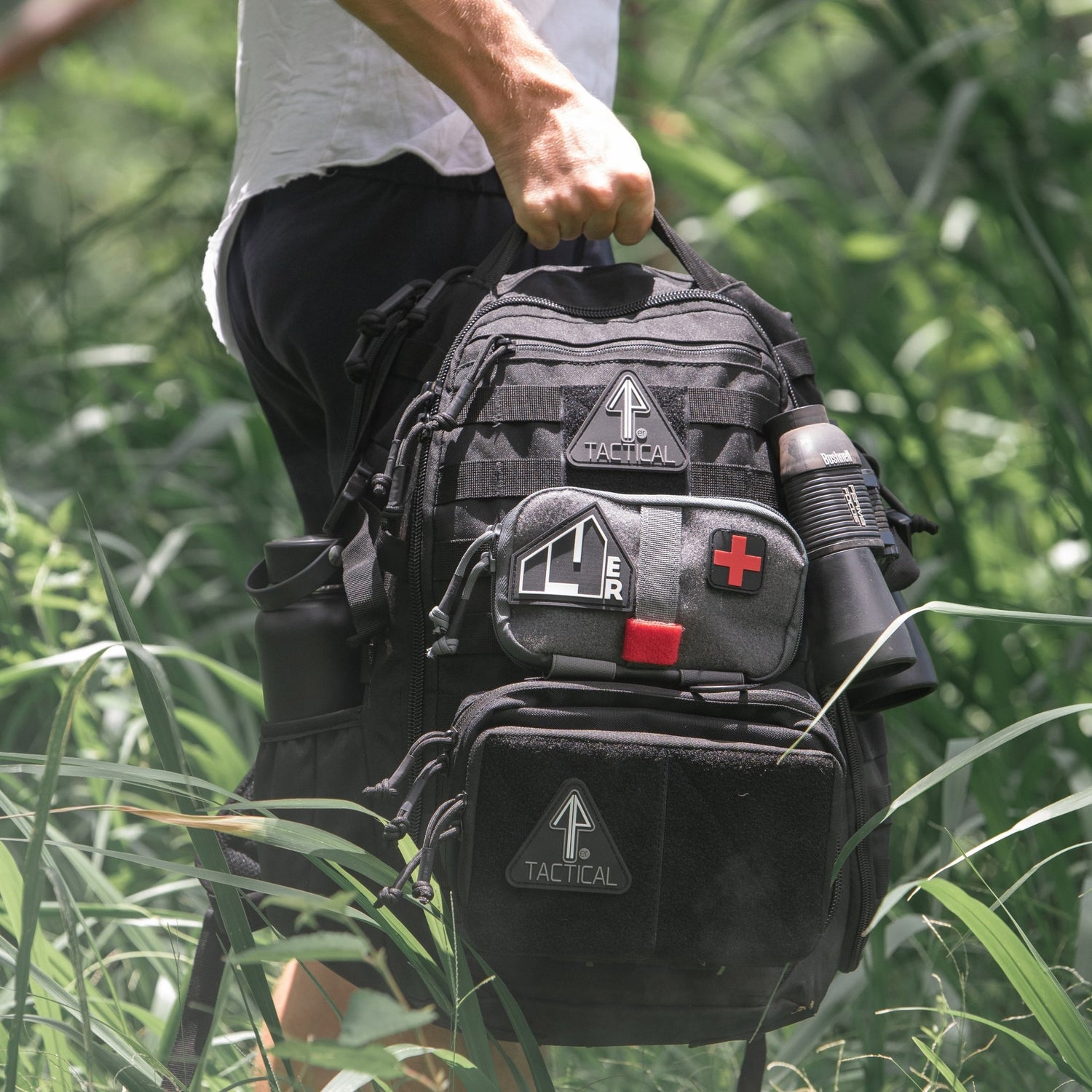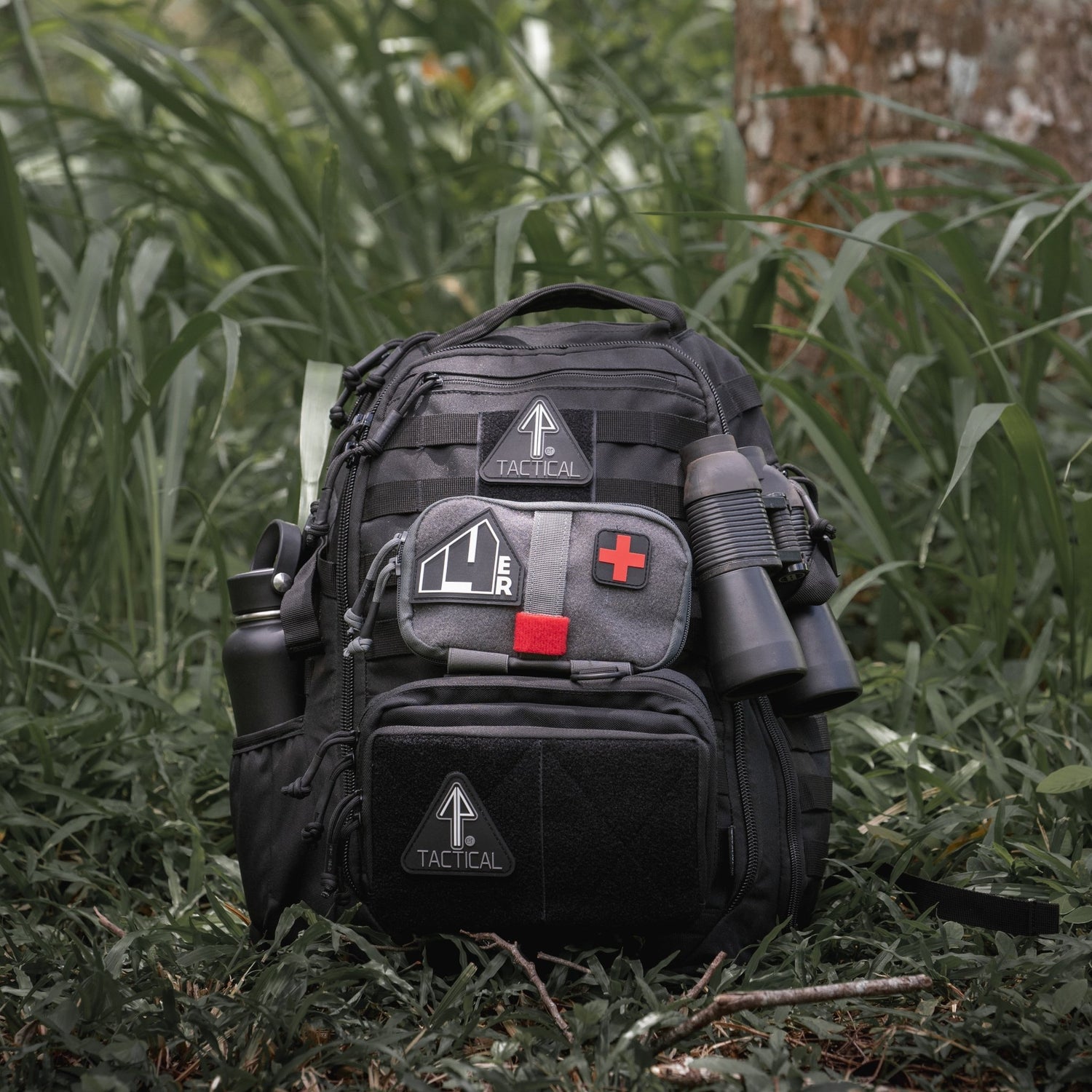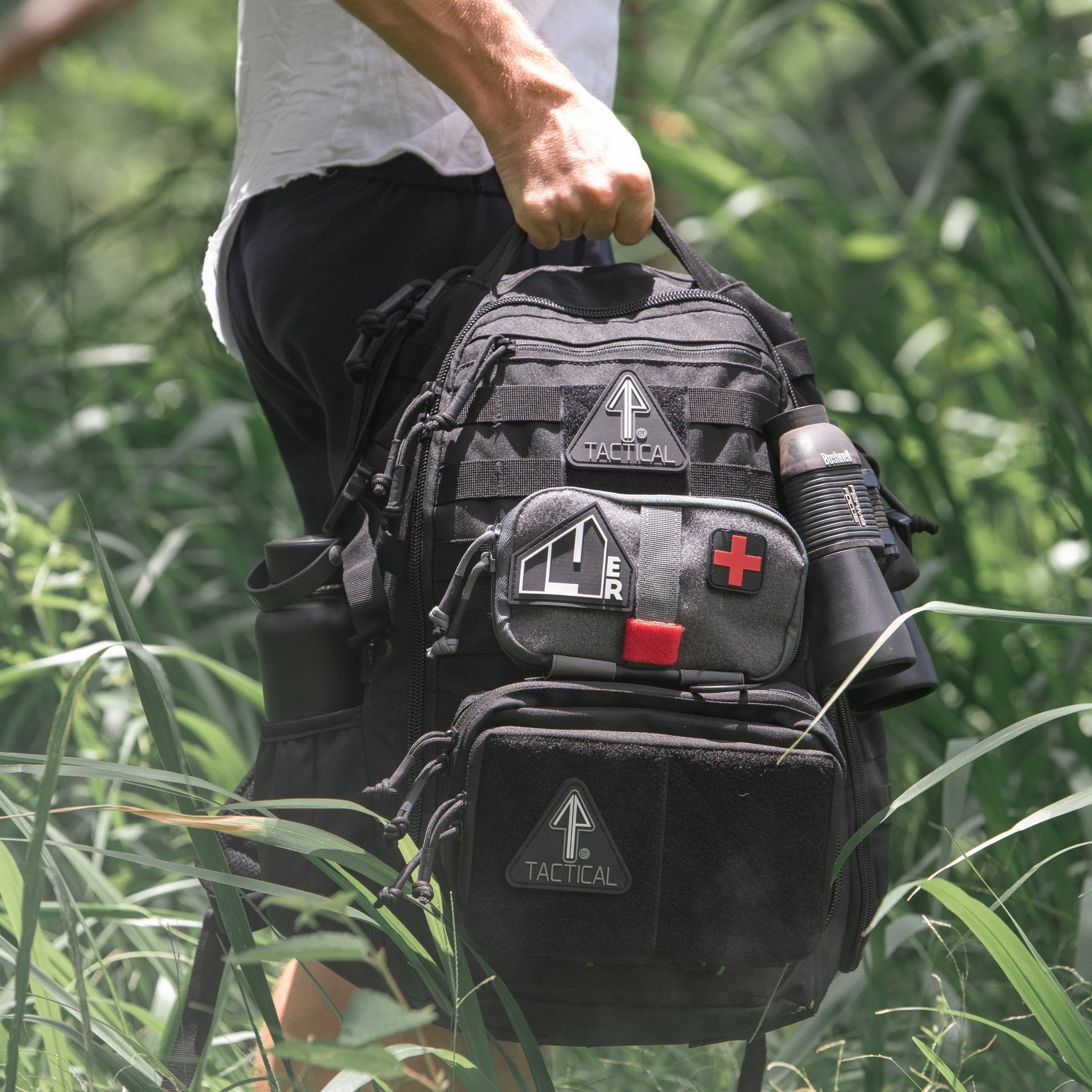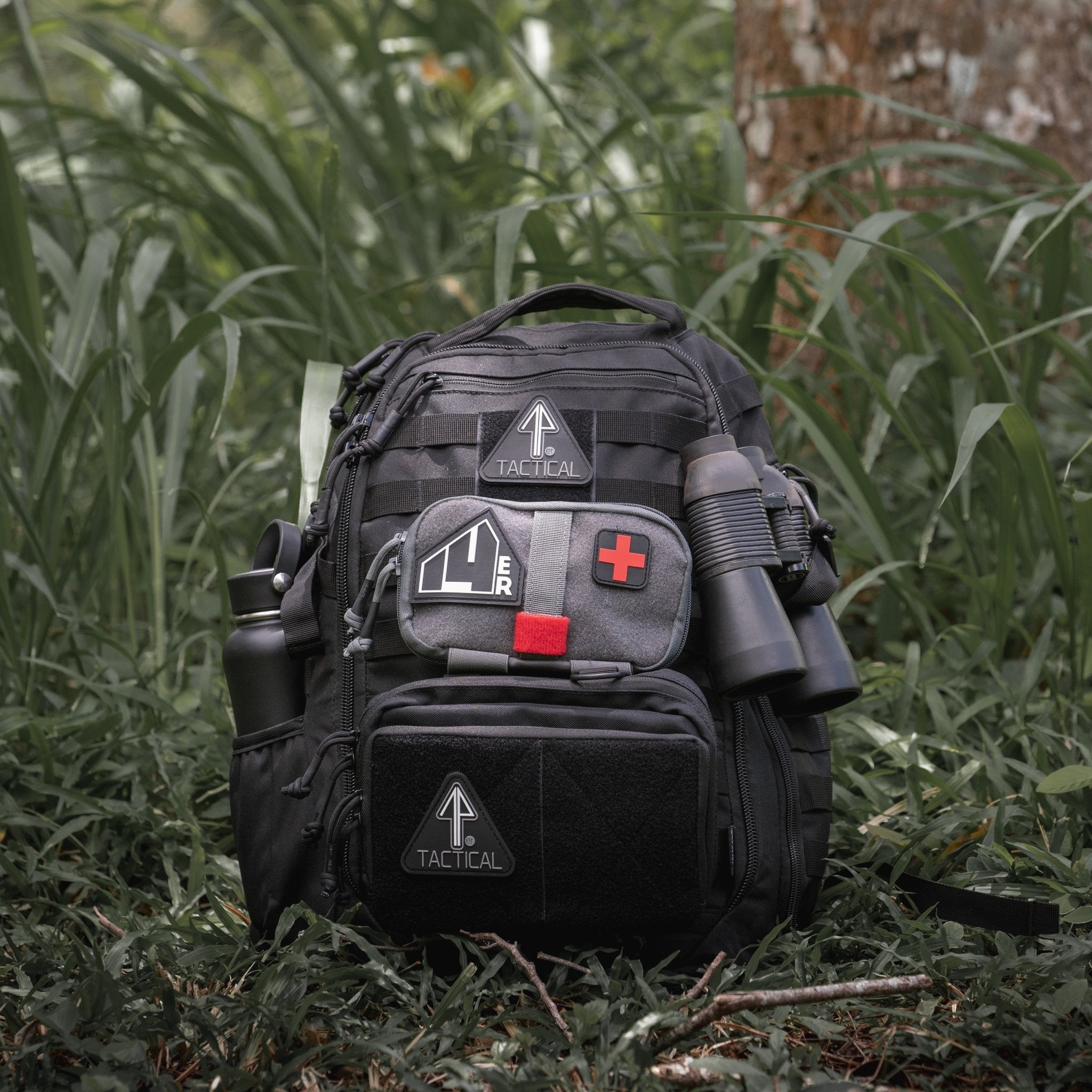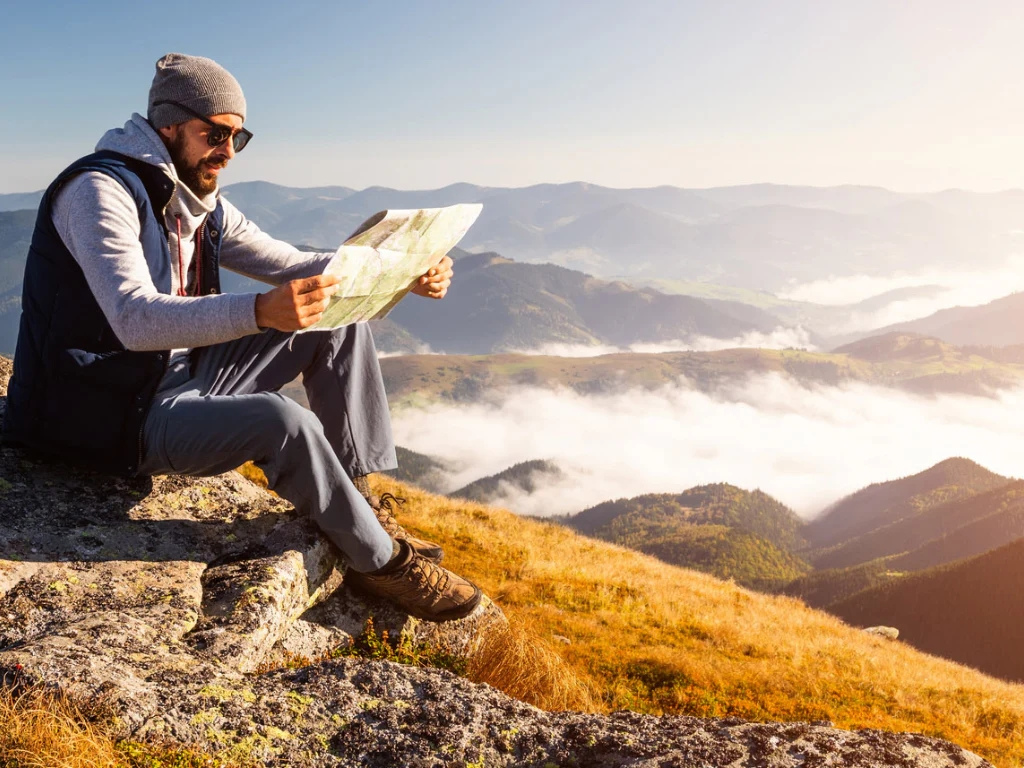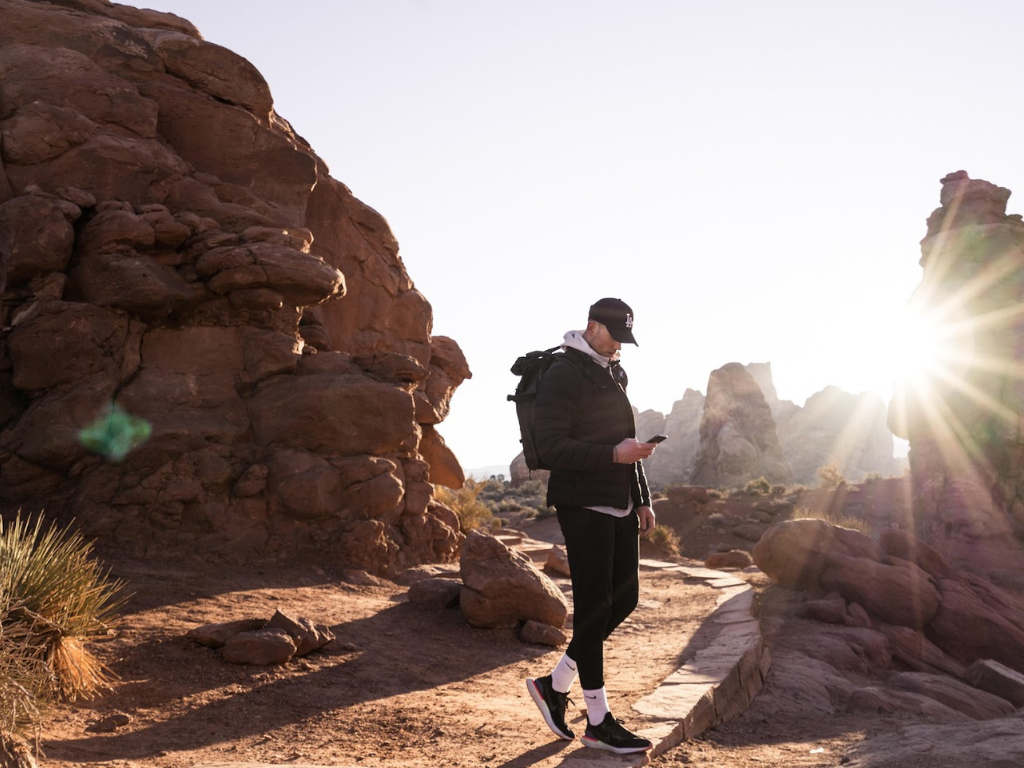In today's fast-paced world, the stresses of daily life can take a significant toll on our mental and physical well-being. Fortunately, nature offers a powerful antidote. Outdoor therapy, which involves engaging with nature through various activities and adventures, has been shown to have profound healing effects. This blog explores the benefits of outdoor therapy and how embracing nature and adventure can improve your overall health and happiness.

The Science Behind Outdoor Therapy
Numerous studies have highlighted the positive impact of nature on mental health. Spending time outdoors can reduce stress, anxiety, and depression while boosting mood and cognitive function. The natural environment provides a sensory-rich experience that can distract from negative thoughts and promote mindfulness. For instance, the sound of rustling leaves, the sight of a flowing river, and the feel of a gentle breeze can all contribute to a sense of calm and well-being.
The concept of "biophilia," which suggests that humans have an innate connection to nature, supports the idea that spending time outdoors can be inherently beneficial. Research has shown that natural settings can lower cortisol levels (a marker of stress), improve attention and concentration, and increase feelings of happiness and contentment. Forest bathing, or "shinrin-yoku," a practice that originated in Japan, involves immersing oneself in a forest environment to soak in the calming atmosphere. This practice has been scientifically proven to reduce blood pressure and improve immune function, further demonstrating the profound impact of nature on health.

Engaging in outdoor activities not only benefits the mind but also the body. Physical exercise, such as hiking, biking, or kayaking, can improve cardiovascular health, strengthen muscles, and enhance flexibility. Moreover, being active in natural settings often leads to longer, more enjoyable workouts compared to indoor routines. The varied terrain and changing scenery can make physical exertion feel less like a chore and more like an adventure.
For example, trail running provides a dynamic workout that engages different muscle groups compared to running on a treadmill or a flat surface. The uneven ground, elevation changes, and natural obstacles add an element of challenge that can improve balance and coordination. Similarly, kayaking on a serene lake or a flowing river not only offers a full-body workout but also provides a meditative experience as you synchronize your paddling with the rhythm of the water. The combination of physical exertion and the calming influence of nature can result in a more holistic and rewarding exercise experience.

Adventure therapy takes outdoor therapy a step further by incorporating challenging activities that push individuals out of their comfort zones. These activities, which can include rock climbing, white-water rafting, or wilderness survival training, are designed to foster personal growth and resilience. The sense of accomplishment that comes from overcoming physical and mental challenges can significantly boost self-esteem and confidence.
Engaging in adventure therapy often involves facing fears and developing problem-solving skills in real-time. For instance, rock climbing requires not only physical strength but also mental focus and strategic planning. Each ascent presents a unique set of challenges, and successfully reaching the top can instill a profound sense of achievement. White-water rafting, on the other hand, demands teamwork, communication, and trust, as participants must work together to navigate the rapids safely. These experiences can translate into improved coping mechanisms and resilience in everyday life, as individuals learn to manage stress, adapt to new situations, and persevere through difficulties.
Social Connections and Community
Outdoor therapy often involves group activities that encourage social interaction and teamwork. Sharing an adventure with others can build strong bonds and create a sense of community. Whether it's a guided group hike, a camping trip with friends, or a team-building wilderness expedition, these shared experiences can enhance social skills and provide a support network that extends beyond the activity itself.
Participating in outdoor activities with others fosters a sense of camaraderie and mutual support. Group dynamics often require effective communication, collaboration, and empathy, which can strengthen interpersonal relationships. For instance, a group camping trip might involve setting up tents, preparing meals, and navigating trails together, fostering cooperation and trust. The shared experience of overcoming challenges and enjoying nature can create lasting memories and deep connections. Additionally, outdoor clubs and organizations often provide opportunities for regular social interaction, helping individuals build a supportive community of like-minded adventurers.
Accessibility and Inclusivity
One of the great advantages of outdoor therapy is its accessibility. Nature is available to everyone, regardless of age, fitness level, or socioeconomic status. Simple activities like walking in a local park, gardening, or bird-watching can offer therapeutic benefits without the need for expensive equipment or extensive planning. For those with physical limitations, many parks and outdoor spaces offer accessible trails and facilities.
Inclusive outdoor programs and adaptive sports ensure that individuals with disabilities can also enjoy the benefits of nature. Organizations dedicated to outdoor accessibility provide specialized equipment, trained guides, and tailored experiences to accommodate various needs. For example, adaptive kayaking programs offer modified boats and paddles for individuals with limited mobility, while accessible hiking trails provide smooth, stable paths suitable for wheelchairs. These initiatives help break down barriers and ensure that everyone can experience the healing power of nature.
Tips for Embracing Outdoor Therapy
To start reaping the benefits of outdoor therapy, consider incorporating these practical tips into your routine:
- Schedule Regular Nature Time: Set aside time each week to spend outdoors, whether it's a short walk during lunch or a weekend hike. Consistency is key to making nature a regular part of your life.
- Try New Activities: Experiment with different outdoor activities to find what you enjoy most. This could be anything from trail running to fishing. Exploring new activities keeps things interesting and can introduce you to new aspects of nature.
- Join a Group: Look for local outdoor clubs or groups that offer organized activities and adventures. This can provide motivation and a sense of community. Engaging with others who share your interests can enhance the experience and provide additional support.
- Practice Mindfulness: While outdoors, take a moment to engage your senses fully. Notice the sounds, smells, and sights around you to enhance the therapeutic effects. Mindfulness can deepen your connection to nature and increase the stress-relieving benefits of your time outside.
- Prepare Properly: Ensure you have the right gear and knowledge for your chosen activity. This includes appropriate clothing, safety equipment, and an understanding of the environment you’ll be exploring.
Outdoor therapy harnesses the healing power of nature and adventure to improve mental and physical health. By engaging in outdoor activities and challenging adventures, you can reduce stress, enhance your mood, and build resilience. Embrace the natural world and make outdoor therapy a regular part of your life to experience its transformative benefits. Whether you are seeking solace, excitement, or social connection, the great outdoors has something to offer everyone.




